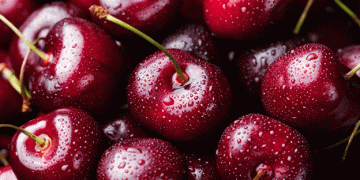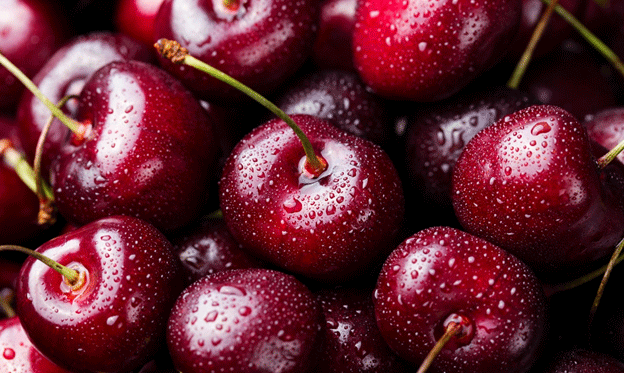Wholesale Price Trends in Stone Fruits
In June, wholesale prices for stone fruits like cherries, apricots, peaches, and nectarines remained consistent with the previous year. Cherries were priced at €5.69 per kilogram, apricots at €2.09 per kilogram, and both peaches and nectarines were offered at an average of €2.09 per kilogram. These stable prices indicate a steady demand and supply balance in the stone fruit market, despite external market pressures.
A notable exception was the strawberry market, which peaked in June with a significant price increase. Wholesale prices for strawberries reached €5.56 per kilogram, a remarkable 23% rise compared to the previous year. This spike reflects heightened demand and possibly reduced supply during the peak season.
Fresh Vegetables: Price Declines and Self-Sufficiency
June witnessed a robust supply of locally grown vegetables in Austria, contributing to generally lower prices. The price of green peppers, for instance, dropped significantly to €0.55 per piece from the previous month. Meanwhile, organic vegetables such as bio-colored peppers and bio-pointed peppers maintained nearly stable prices from the previous month.
Year-over-year comparisons show that, apart from bio-tomatoes and bio-kohlrabi, all tracked organic vegetable varieties experienced price increases. This trend suggests a growing demand for organic produce, aligning with broader consumer preferences for healthier and sustainably sourced food options.
Insights from AgrarMarkt Austria
AMA’s reports indicate that Austria’s agricultural sector is resilient, with local farmers effectively meeting the country’s fruit and vegetable needs. The stability in stone fruit prices and the overall decline in vegetable prices highlight the efficiency and adaptability of Austria’s agricultural production systems.
Furthermore, the significant price increases for strawberries and certain organic vegetables underscore specific market dynamics that farmers and agronomists need to monitor closely. Understanding these trends is essential for optimizing production strategies and ensuring sustainable agricultural practices.
Austria’s agricultural sector showcases robust self-sufficiency and adaptability in the face of fluctuating market conditions. The steady prices of stone fruits and the overall decrease in vegetable prices reflect the sector’s efficiency and resilience. As consumer preferences evolve, particularly towards organic produce, Austrian farmers continue to meet these demands while maintaining a stable supply chain.































